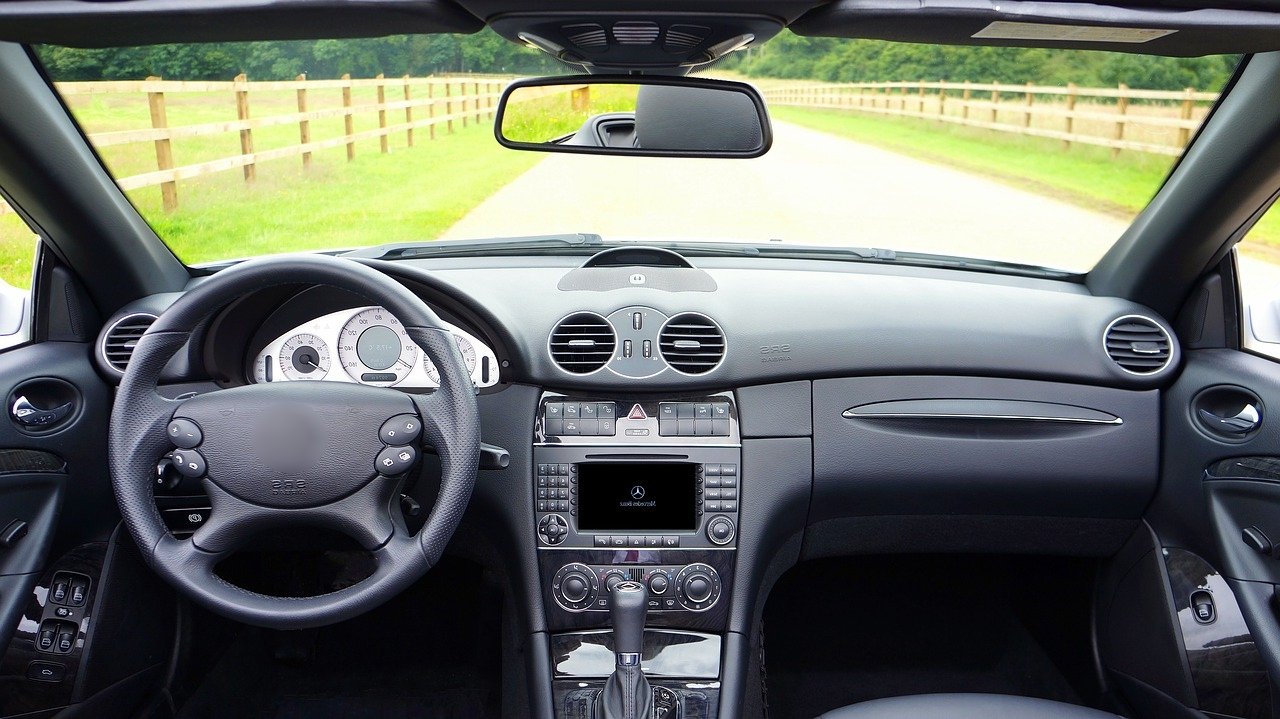In recent months, accidents involving self-driving cars have received plenty of attention and subsequent public outcry. In some respects, this outcry was inevitable following the first self-driving car death in March of 2018.
While these dangerous and sometimes deadly accidents are all awful in their own way, the legal liability of self-driving car accidents may soon become a particularly troublesome issue for accident victims. Namely, the Senate is considering legislation that could prevent self-driving car victims from suing for several years.
Here is a closer look at this bill, titled The American Vision for Safer Transportation Through Advancement of Revolutionary Technologies Act (AV START Act).
A Closer Look at the AV START Act
The Senate’s AV Start Act is, broadly, focused on creating a framework that would regulate the deployment of self-driving cars on public roads, and it appears well on its way toward passing as of July 2018. Still, there are a number of legal hurdles that must be passed, such as Democrat concern that the bill currently provides too much leeway for the self-driving car industry to ignore basic safety standards.
Incredibly, the current form of the AV START Act would potentially allow millions of self-driving vehicles on the road to be entirely exempt from current safety standards. This is a problematic notion in itself, but no less problematic is the AV START Act’s potential implications for self-driving car accident victims.
A March of 2018 article in TIME noted that a significant loophole in the AV START Act exists that could make it harder for self-driving crash victims to sue the car manufacturer. To wit, the bill’s language effectively eliminates the legal rights of those who are injured while riding in a self-driving car during the testing period when self-driving cars are not yet governed by federal motor vehicle safety standards. And, since the bill also proposes to make self-driving cars exempt from those safety standards, this makes litigation for accident victims difficult for the foreseeable future.
It is far from unlikely that these self-driving cars could be in "testing" for at least three years or more, all while taking to public roads. As we have already seen, self-driving cars can and do crash, sometimes causing serious injury and even death. If this bill does indeed pass and become law, these are legal issues that will almost certainly be challenged in the months and years to come.
In the interim, it is difficult to view the AV START Act currently proposed as friendly to the concerns of accident victims who rightly deserve compensation when self-driving cars fail and cause significant injuries.
If you or a loved one has been injured in a self-driving car accident through either Lyft or Uber, our team at The Ledger Law Firm is here to help you. Our national law firm has recovered millions in compensation for car accident victims, and we will work to make sure any legally responsible parties are held accountable for their actions.
Contact us online today to receive a free case evaluation for your self-driving car accident and legal claim.



